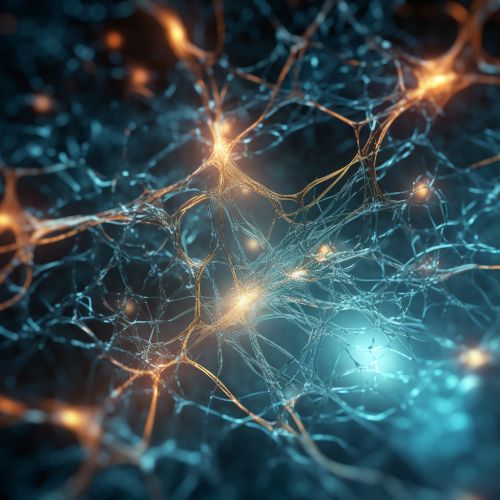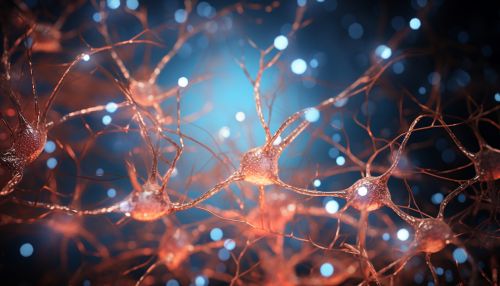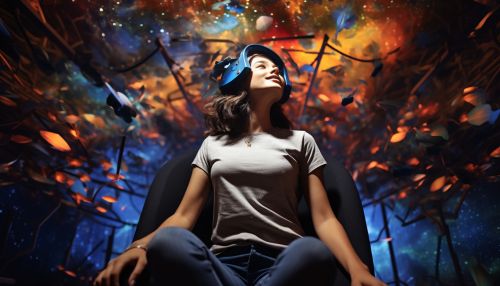The Science of Human Memory and Learning
Introduction
The science of human memory and learning is a complex and fascinating field that delves into the intricacies of how we remember and learn. This field combines elements from psychology, neuroscience, and education to provide a comprehensive understanding of the human mind and its capacity for knowledge acquisition and retention.


Human Memory
Human memory is a cognitive function that allows us to encode, store, and retrieve information. It is a critical component of learning, as it enables us to retain knowledge and apply it in different contexts.
Types of Memory
There are three main types of memory: sensory memory, short-term memory, and long-term memory.
Sensory Memory
Sensory memory is the shortest-term element of memory. It allows individuals to retain impressions of sensory information after the original stimuli have ended.


Short-term Memory
Short-term memory, also known as working memory, is the information we hold in our mind at any given moment. This type of memory is temporary and limited in capacity.


Long-term Memory
Long-term memory is the final stage of the dual memory model proposed by Atkinson and Shiffrin, and is where we store information for long periods. It can be further divided into explicit (conscious) and implicit (unconscious) memory.


Learning
Learning is the process of acquiring new knowledge, behaviors, skills, values, or preferences. It involves the transformation of information into knowledge, which is then stored in the brain for future use.
Types of Learning
There are several types of learning, including observational learning, cognitive learning, and experiential learning.
Observational Learning
Observational learning, also known as social learning, involves learning by watching others. It is a key component of socialization.


Cognitive Learning
Cognitive learning involves the acquisition of new knowledge and skills through mental processes such as thinking, understanding, and problem-solving.


Experiential Learning
Experiential learning is a process through which students develop knowledge, skills, and values from direct experiences outside a traditional academic setting.


The Connection Between Memory and Learning
Memory and learning are closely intertwined. Learning involves the acquisition of new information, while memory involves the storage and retrieval of this information. Without memory, learning would be impossible, as we would not be able to retain or recall the information we have learned.
Conclusion
The science of human memory and learning is a vast and complex field that continues to evolve as we gain more understanding of the human brain and its functions. It is a critical area of study that has implications for education, psychology, neuroscience, and many other fields.
